Startups move fast but without a solid HR foundation, it’s easy to stumble. Many founders think HR can wait until they hit 50 employees, but strong workplace cultures deliver 60% better returns compared to average companies, proving that people-first strategies drive real business results.
HR handles the core people functions that make or break startup success. For a growing startup, HR attracts talent, ensures compliance, and builds lasting culture. Getting it right early saves time, money, and prevents costly mistakes that can derail growth.
In this guide, you’ll find all the steps you need to set up HR for your startup, whether you’re hiring your first employee or building a team of 20.
Key Takeaways:
- Flexible HR systems: HR for startups requires scalable systems that grow with your team size and business needs.
- Retention impact: Strong HR practices reduce turnover costs and keep employees engaged for longer periods.
- Compliance protection: Following labor laws, payroll, and policies protects startups from compliance risks and financial penalties.
- Team efficiency: Technology-enabled HR tools make small teams more efficient without requiring dedicated HR staff.
What Is HR for Startups?
HR in startups refers to the systems, policies, and strategies used to manage people, from hiring and onboarding to compliance and culture building. Unlike large enterprises, startups often start lean, so HR must be agile, scalable, and tech-enabled.
For instance, many startups rely on founders or finance teams to manage early HR tasks until they hit a wall with compliance issues, messy onboarding, or culture drift. That’s when a structured HR approach becomes necessary for sustainable growth.
Startup HR differs from traditional corporate HR because it needs to be flexible, cost-effective, and built to scale quickly. Implementing HRIS systems helps startups manage this transition smoothly without overwhelming small teams.
But understanding what HR means for your startup is just the first step. The real value becomes clear when you see how proper HR practices directly impact your growth and success.
Why HR Matters for Startups?
Skipping HR early might save time, but it often leads to bigger problems down the road. Here’s why smart startups build HR from day one:
- Hire better, faster: Clear job roles, hiring pipelines, and onboarding reduce bad hires that cost thousands to replace.
- Build a strong culture: Early HR defines values and ensures alignment as teams grow from 5 to 50+ employees.
- Ensure compliance: Avoid costly fines, payroll errors, or labor law violations that can shut down operations.
- Retain top talent: HR automation tools help design benefits, feedback loops, and development plans that keep people engaged.
- Prepare to scale: Structured HR helps you grow without chaos, maintaining productivity during rapid expansion.
- Increase investor trust: VCs value startups with scalable, compliant people operations that reduce business risk.
Good HR isn’t optional for startups. It’s a growth multiplier that directly impacts your bottom line and long-term success.
Want to enhance your hiring and compliance processes? TeamLease Digital offers effective HR solutions designed specifically for startups like yours.
Now that you know the benefits of HR for startups, let’s focus on building solutions that work for your startup’s specific needs.
How to Build an Effective HR System in a Startup?
Startup HR doesn’t need to be perfect. It needs to be functional and flexible enough to grow with your business needs. Here’s a step-by-step guide to build proper HR processes and systems for your startup:
1. Define Your Startup’s HR Goals
Identify what you need from HR right now and what you’ll need in six months. Consider whether your priority is hiring, culture development, or compliance management. Start with your biggest challenge and build from there.
For instance, if you’re hiring rapidly, focus on recruitment technology and onboarding first. If compliance issues are keeping you up at night, prioritize payroll and regulatory requirements.
Set specific goals like “hire 10 engineers in Q2” or “achieve 90% new hire satisfaction” to measure your HR effectiveness and adjust strategies as needed.
2. Start With a Lean HR Stack
Use simple tools for ATS, payroll, and onboarding. You don’t need an enterprise suite yet so focus on tools that solve immediate problems and can scale.
Essential tools include:
- Basic HRIS: Platforms like Zoho People or BambooHR for employee records and basic management.
- Payroll and compliance tool: Systems that handle PF, ESI, and tax calculations automatically.
- Applicant tracking system: Tools to manage hiring pipelines and candidate communication efficiently.
Similarly, start with free or low-cost versions and upgrade as your team grows and needs become more complex.
3. Set Up Recruitment and Onboarding
Write job description templates, standardize interview processes, create a welcome kit, and establish a buddy system for new hires.
For instance, a SaaS startup can successfully onboard multiple engineers using async video introductions and Notion handbooks. This approach saves time while building culture and connection from day one.
In fact, studies show that effective onboarding strategies can make new hires 18 times more loyal to your company and significantly boost their job performance.
4. Create Policies and Documentation
Leave policies, work-from-home guidelines, and payroll structures are essential. Keep them simple but clear to avoid confusion and compliance issues.
Start with basic templates and customize them for your startup’s specific needs and culture. Understanding HR policies helps ensure you cover all regulatory requirements while maintaining flexibility.
Make policies easily accessible through shared drives or employee handbooks that everyone can reference when needed.
5. Track Performance and Feedback
Even informal check-ins or OKRs (Objectives and Key Results) can go a long way in early-stage performance management and employee development.
Use simple feedback forms, define growth paths for key roles, and schedule regular one-on-ones to keep employees engaged and aligned with company goals.
This approach helps prevent performance issues before they become problems and supports career development that reduces turnover.
6. Stay Compliant
Register for EPF, ESI, and minimum wage requirements. Use professional services if you lack the bandwidth to handle complex compliance requirements properly.
Payroll compliance errors can cost startups thousands in penalties and back-payments, making professional support a smart investment for growing companies.
Having a step-by-step approach is good, but partnering with HR experts can accelerate your progress significantly.
Scale Smarter and Faster with TeamLease Digital
Building HR in-house can slow you down when you should be focusing on product development and customer acquisition. That’s where TeamLease Digital comes in as your strategic HR partner for sustainable growth.
We help fast-growing startups skip the trial-and-error phase and get HR right from day one:
- Professional Staffing: Source and hire top talent across domains with our network of 200+ recruitment specialists.
- Payroll and Compliance: One-click setup for EPF, ESI, tax calculations, and full legal compliance across multiple countries.
- HR Technology Marketplace: Get plug-and-play access to 450+ curated HR tools that grow with your business needs.
- Onboarding to Learning: Build custom onboarding sequences and training programs that reduce time-to-productivity.
- HR Advisory Services: Set up policies, process design, and technology adoption with expert guidance.
- Scalable Support: Flexible solutions that adapt as you grow from 10 employees to 100+ without system overhauls.
Whether you’re at 10 employees or growing to 100+, we’ll help you build HR systems that support rapid growth without the complexity.
Final Thoughts
Don’t wait for a team of 50 to think about HR because the earlier you build it, the smoother your growth trajectory will be. Strategic HR management helps you hire better, avoid compliance issues, and create a culture people want to be part of.
HR helps you hire better, avoid compliance issues, and create a culture people want to be part of. With the right systems in place, you can focus on what matters most — building a product customers love and a business that scales.
If you’re ready to scale with clarity and confidence, TeamLease Digital can help you build a future-ready HR function that grows with your startup’s ambitions.
Get expert staffing, HR technology, and compliance support. Contact us today to build an effective HR system for your startup.
FAQs
1. When should a startup hire dedicated HR staff?
On average, most startups need HR support between 15-25 employees. You might need it earlier if you’re hiring frequently or facing compliance challenges.
2. What HR policies must startups have?
Essential policies include leave management, payroll structure, workplace harassment prevention, and hiring procedures. Remote work guidelines are also important for modern startups.
3. Which HR tools work best for small teams?
Startups typically use lightweight HRIS platforms, applicant tracking systems, and payroll software. Choose tools that integrate well and can grow with your team.
4. Can founders handle HR themselves initially?
Yes, in the early stages, founders often manage basic HR tasks. However, delegating or outsourcing becomes necessary as complexity and team size increase.
5. How does startup culture relate to HR?
HR creates the processes and policies that shape daily employee experiences. Strong culture starts with intentional hiring, clear values, and consistent communication practices.







